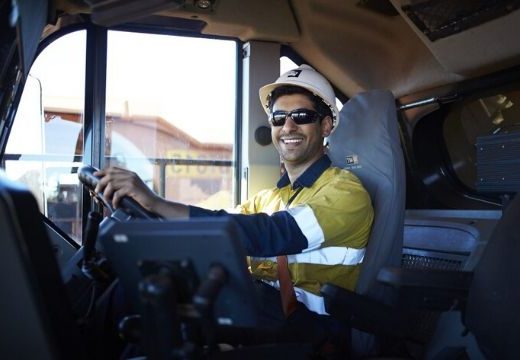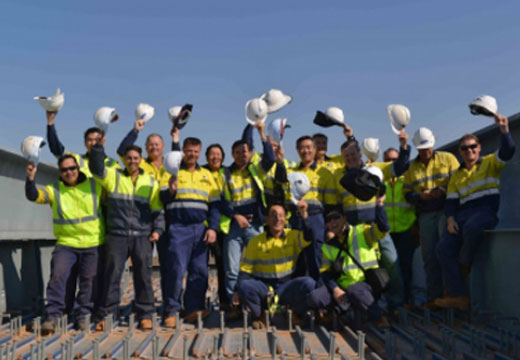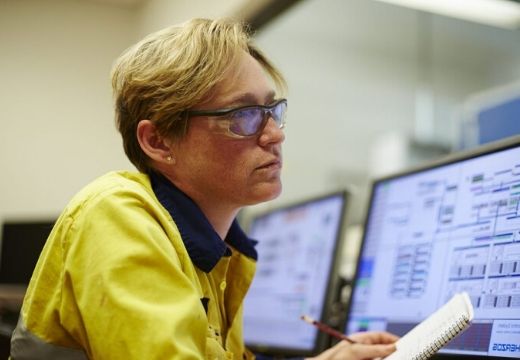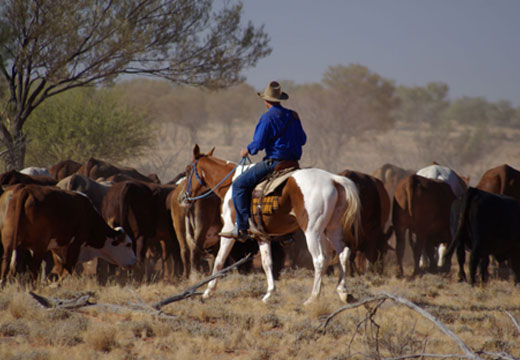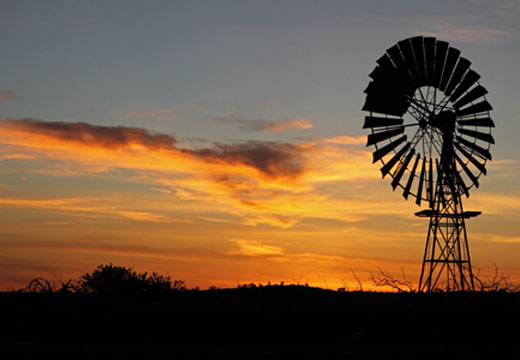Tania Constable | November 2023 | Chief Executive Office
Read morePARLIAMENTARY RESEARCH BRIEF | IPA | AUSTRALIA’S ECONOMIC COMPETITIVENESS IN CONTINUING DECLINE
14 November 2023.
Read moreBHP says proposed labour laws threaten $3.2b Australian investment
The world’s largest mining group, BHP, says the government’s proposed same job, same pay policy could jeopardise $US2 billion ($3.2 billion) worth of investment it has planned for its local copper business. BHP chief executive Mike Henry told shareholders at its annual meeting in Adelaide on Wednesday morning that the bill would also damage the Australian economy. “BHP strongly opposed the Same Job Same Pay Bill not only because of the damage it threatens to do to our business, but also for the hit it will have on Australia’s economy, to Australian jobs and to Australia’s productivity and international competitiveness,” Henry said
Read moreAustralian mining red tape hurts its global investment case-Hancock
Australia’s slow pace of mining approvals is diminishing its attraction as a global investment destination, Hancock Prospecting, owned by Australia’s richest person Gina Rinehart, said on Tuesday. “The current policy environment, duplication of processes, overreach from all departments and delays to approvals is negatively impacting new investment into the mining industry and is reducing Australia’s competitiveness in the international resource sector,” said Hancock.
Read moreWorld Free Zones Organization | Latest News
4 October 2023.
Read moreWorld Free Zones Organization | Latest News
21 September 2023.
Read moreWorld Free Zones Organization | Latest News
14 September 2023.
Read moreCabinet approves Sh420b fund for SEZs
The Cabinet has approved 100 per cent equity investments of Sh420 billion to kickstart the Mombasa based Special Economic Zone (SEZ) alongside others proposed in Naivasha, Isiolo and the Export Processing Zones in Sagana, Del Monte, Eldoret and Busia.
Read moreInvestment-making growth doubled in free trade, special economic zones
As announced by Secretary of Iran’s Free Zones High Council Hojatollah Abdolmaleki, the growth of investment-making has doubled in the country’s free trade and special economic zones during the current government’s incumbency.
Read moreIndonesia eyes SEZ development on quest for greater economic prosperity
Given the nature of Indonesia’s archipelagic geography and marine territory, foreign trade and investment is an integral part of the country’s economy. According to ASEAN Briefing, the government has homed in on the development of special economic zones (SEZ) as a priority policy, with an aim to attract over US$50 billion in foreign investment in the next decade.
Read more